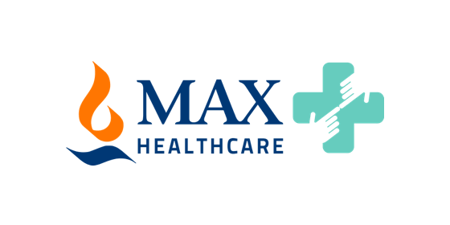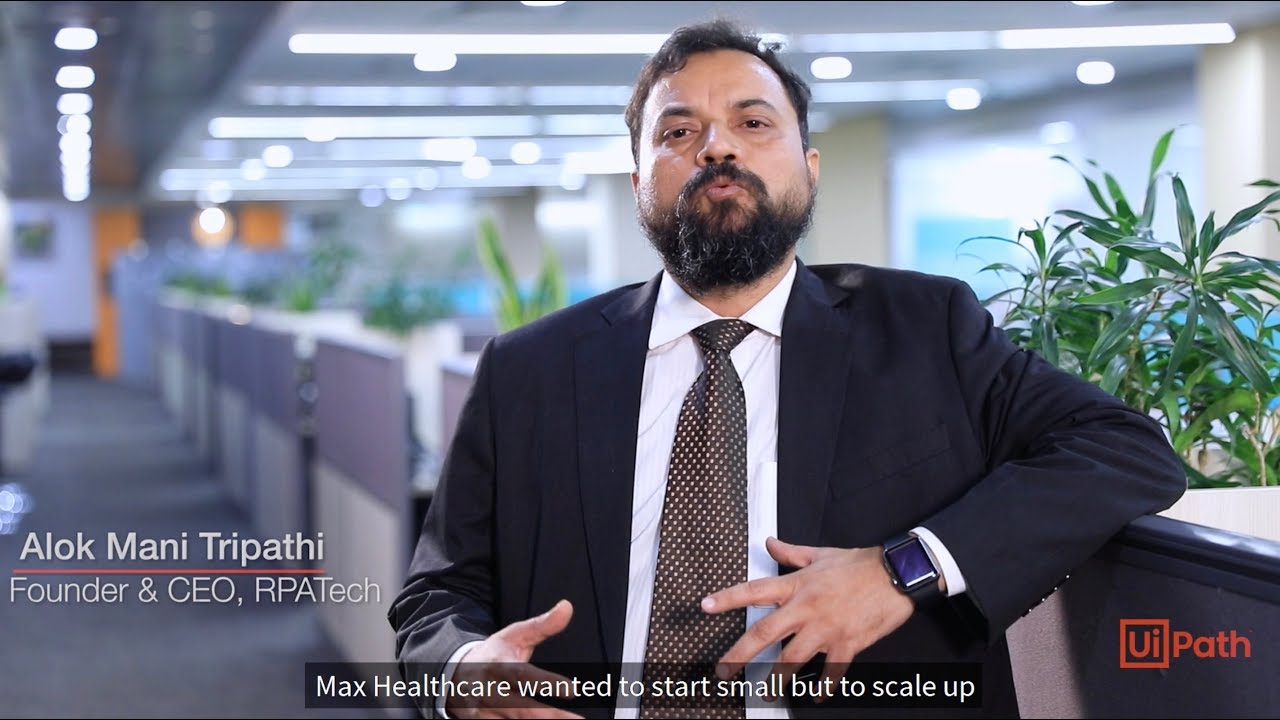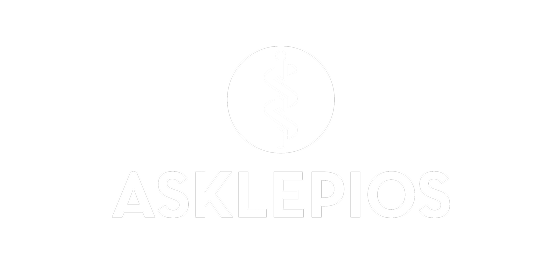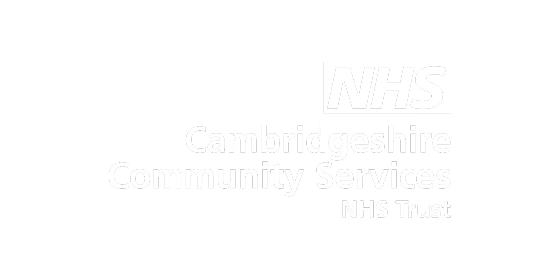
Client:Max Healthcare
Region:Asia Pacific & Japan
Industry:Healthcare
Max Healthcare Improves Efficiency with UiPath Robots

Rs 1 crore
Pending payments recovered over 12 months
65%-75%
Time saved in CGHS & ECHS processing
50%
Reduction in TAT for Claims Processing
Client Overview
Max Healthcare is one of the largest hospital networks in North India
Max Healthcare was facing challenges in processing large volumes of patient transactions while ensuring the accuracy and security of documents.
They adopted the UiPath Platform to streamline high-volume processes like claims processing, data entry, and reconciliation for government healthcare schemes.
Being one of the largest hospital networks in North India, Max Healthcare deals with a lot of patient transaction data that needs to be processed on a daily basis. From recording customer details to claims processing and reconciliation of data for government health schemes, everything needs a high level of accuracy and efficiency. Manually processing such large volumes of information is not just time consuming, but can also be prone to a lot of errors and security issues.

Max Healthcare decided to use the UiPath Enterprise RPA platform to be able to handle this data more efficiently. Robotic process automation (RPA) has not just ensured a massive reduction in turnaround time (TAT) in current processes, but has also paved the path for the organization to move faster on its digital transformation journey. “We deal with so much data here in our system, you know, every patient may probably have hundreds of interactions or episodes within a day. So to reconcile all the data is really a tough task. With RPA we've been able to do things which would not have been humanly possible to do,” says Yogesh Sareen, CFO, Max Healthcare.
Dealing with huge volumes of patient transactions every day
Max Healthcare is a chain of hospitals based in North India. It has a large network of 14 hospitals with 29 specialties, and 2300+ leading doctors, offering services of the highest international standards.
A number of activities that involved large volumes of patient information were being performed manually at Max Hospitals on a daily basis. This posed many challenges:
Data entry and reconciliation took a long time and also encountered a high error rate.
Besides slow turnaround time, processes like claims settlement also faced problems in search and retrieval of information, tracking, and security of documents.
There was a lot of unstructured data and information that had to be streamlined.
With unclear fields, formatting issues, and missing data, the accuracy of results was a big challenge.
It was also difficult to manage sudden spikes in frequency and volumes of data.
“Earlier, we were doing lots of activities manually. Therefore accuracy and frequency were a challenge; people were not able to complete activities on time. We were introduced to UiPath by our partner at RPATech and there was no looking back after that,” recalls Yogesh Gupta, Sr. VP Finance & Accounting Max Healthcare.
Selecting the right processes to automate
The main priority of the client was to improve the efficiency of existing processes to ensure greater accuracy and reduction in turnaround time. It sought the advice of RPATech, a consulting firm focused primarily on RPA technology. The company provides solutions using various RPA tools, helping clients in assessing automation feasibility, designing and developing bots to optimize automation. RPATech analyzed the existing processes and systems to identify areas where robotic automation could be implemented.
We deal with so much of data here in our system... every patient may have hundreds of interactions or episodes within a day. So to reconcile all the data is really a tough task. With RPA we've been able to do things which would not have been humanly possible to do.
Yogesh Sareen • CFO, Max Healthcare
Alok Mani, CEO, RPATech explains, “Max Healthcare decided to start small but wanted to scale up as and when required. We recommended UiPath because it is easy to use and has a very small IT footprint, so it helps in starting small.” It was decided to focus on areas where maximum impact could be achieved quickly. Claims processing and client operations were identified as the two key focus areas where robotic automation could be implemented. Thus, the RPA journey began with the following three processes:
Claims processing
Data Reconciliation for Central Government Health Scheme (CGHS)
Data Reconciliation for Ex-servicemen Contributory Health Scheme (ECHS)
Creating an impact with UiPath Robots
The team analyzed the existing processes and identified appropriate technologies and platforms to enable automation. A robot was developed on the UiPath Platform to automate manual claims process. This extracts customer-related information from Outlook & PDF files, after which the data is populated in CSV format, finally integrating it with the client’s database.
Using the UiPath Enterprise RPA platform, a new data entry solution was created for CGHS and ECHS schemes. The robot logs into the ECHS portal through URLs of 17 different hospitals and TPAs (Third Party Administrators). Similarly, under the CGHS scheme, there are 12 different associated hospitals with respective URLs.
Max Healthcare decided to start small but wanted to scale up as and when required. We recommended UiPath because it is easy to use and has very small IT footprint. So it helps in starting small.
Alok Mani • CEO, RPATech
After accessing their URLs, the Robot reads patient transaction records and validates the status of the entries. On every successful data validation, it notifies the concerned department via email.
Several other challenges also came up during the implementation process. Mani recalls, “In claims processing, there were around 28 different insurance providers sending their settlement in different formats, multiple formats like PDF, scanned images, email, etc. So we had to take different approaches for different insurance providers.” Apart from meeting the functional and technical requirements of users, a lot of intra-team coordination had to be carried out within the given timelines. For the long-term success of the project, it was also important to win the confidence of an apprehensive leadership team.
Automation brings efficiency to day-to-day processes
With the successful implementation of RPA, Max Healthcare has managed to reduce the human intervention required in some repetitive processes. Some of the outcomes of the project include:
Reduced turnaround time (TAT): Improved efficiency in monitoring & management of processes has significantly reduced the turnaround time. For claims processing, the TAT has reduced by at least 50% while CGHS & ECHS have achieved time savings in the range of 65%-75%.
Low investment, more savings: Even with a minimal investment across three processes, the organization has been able to reduce errors and recover pending payments, thus managing to save as much as Rs 1 crore over a period of 12 months.
Accelerate benefits from digital transformation: RPA has not only streamlined the identified workflows, but has also paved the path to improving other processes for the hospital.
Improved security & compliance: With critical data being in the safe hands of robots, security and compliance adherence has certainly improved.
Improved employee experience: With the reduction in manual effort required for complex tasks, the employees are also happy and can be engaged in more value adding activities.
Planning and control: With robots monitoring & managing key events across the organization, the staff has much more visibility & control over the outcomes. This enables more accurate planning, as they can now easily estimate when a certain task will be done, where they are going, and what support would be required.
Given the success with UiPath, the organization is now evaluating robotic automation to streamline other areas as well. “UiPath has a scalable solution which was quick to implement and proved cost effective. Outcomes and ROIs have been much more than our expectations, so would recommend UiPath to anyone looking to start their automation journey,” says Gupta. Looking ahead, Max Healthcare is keen on adopting robotic automation for areas such as reading and processing of bank statements, vendor invoice processing, etc.
Related case studies
Ready for your own case study?
Speak to our team of knowledgeable experts and learn how you can benefit from agentic automation.






